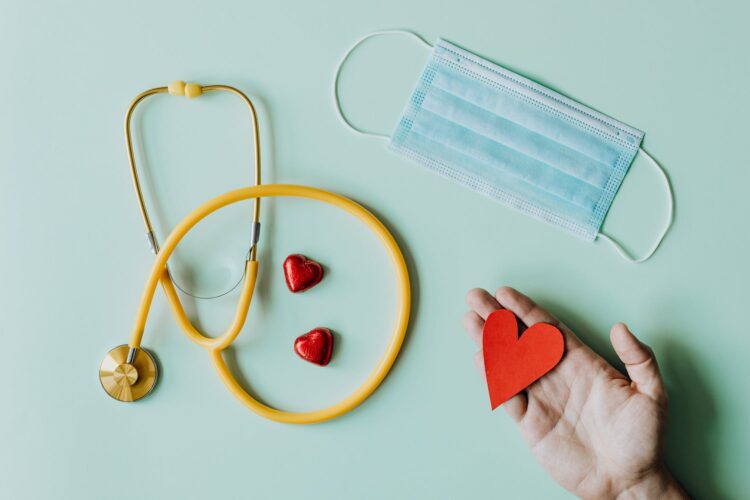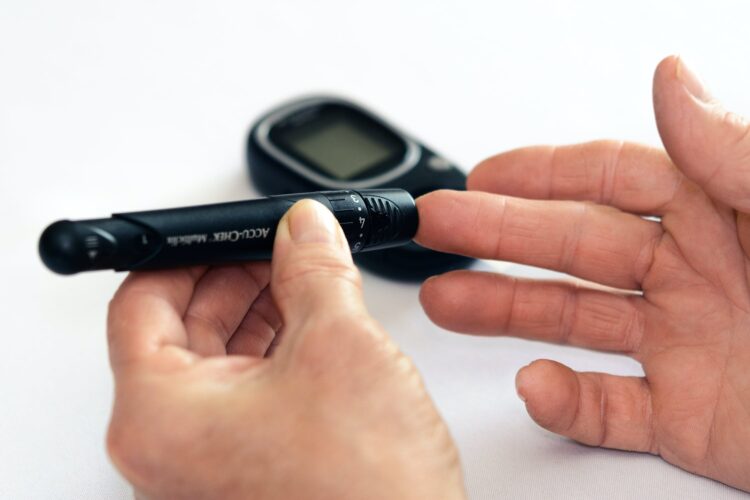Erectile dysfunction, formerly known as impotence, is the inability of males to attain and maintain an erection firm enough for sexual intercourse. There is no need to worry if you encounter ED only occasionally. However, if the problem is ongoing, it might lead to relationship issues, stress, lowered self-confidence, and so on. In such instances, it is advisable to seek medical attention. In this article, we will look into the link between severe health conditions and erectile dysfunction. We will also make a few suggestions on how to handle the problem in the initial stages.
1. Heart Disease and ED

Health experts are now convinced that ED might be a sign that an individual could be suffering from heart complications. Therefore, if you have heart disease, you should get early treatment since it might help alleviate the signs of erectile dysfunction.
Initially, it was believed that the accumulation of plaque inside arteries, a condition known as atherosclerosis, was the main reason that ED precedes heart complications. The main idea was that the plaque blocked blood from flowing into the penis, thereby leading to erectile dysfunction.
While it is never 100% certain that ED indicates heart disease, research suggests that any male who has erectile dysfunction without a clear cause should be screened for health problems. This must be done before they commence any form of treatment.
As already mentioned, many men will, at some point, suffer from erectile dysfunction, but that should not worry them unless the problem persists. Even with that, they should share with their partner to come up with a better approach.
2. High Blood Pressure and ED

High blood pressure is regarded as one of the top causes of ED in men. Some studies suggest that males between 40 and 79 with high blood pressure have higher chances of struggling with erectile dysfunction.
Due to high blood pressure, arteries that carry blood to the penis are unable to dilate as they need to. Also, it could make the smooth muscle inside the penis lose its natural ability to relax. Due to that, there will not be enough blood flowing into the penis to make it erect.
Though high blood pressure might be the primary cause of ED in some individuals, in other cases, the drugs used to treat blood pressure might be the problem.
Therefore, if you are suffering from erectile dysfunction, you should get tested for hypertension. From there, your doctor will advise you on the best way forward.
3. Diabetes and ED

Since diabetes damages the blood supply to the penis, it can easily lead to ED, as shown in this study. If a male becomes sexually excited, nitric oxide gets released to his bloodstream. This is the chemical that triggers the arteries and muscles inside the penis to relax. When this happens, more blood flows into the penis, and this leads to an erection.
Unless their condition is appropriately managed, males with diabetes struggle with regular changes in blood sugar levels. This implies that not enough blood finds its way into the penis to make them achieve or maintain an erection. Also, a low level of nitric oxide is more common among men with diabetes.
Therefore, according to medical experts, if you encounter erectile dysfunction, you should not rush to start medication. Since the best treatment can only be provided when the root of the problem is known, make sure to seek clinical attention. From there, they will find the leading cause of your ED and come up with the best solution, for more details click here.
4. Obesity and ED

Weight gain might have a substantial negative impact on your sex life. For instance, if you are obese, you get exposed to a cardiovascular condition known as atherosclerosis. This condition will hinder proper blood flow around your body. The second problem is that obese males tend to have issues with testosterone levels, which is linked to erectile dysfunction.
Being overweight might also lead to some psychological obstacles that impede you from leading a healthy sex life like you used to. Low libido might become the primary concern because you are obese, and that denies you enough testosterone levels in your blood. So you are most likely to encounter other things such as decreased energy and depressed mood. Further, you will inhibit your ability to satisfy your partner in bed.
5. Chronic Kidney Disease and ED

Chronic Kidney Disease (CKD) means that your kidneys have lost the ability to filter blood as expected because they are damaged. Conditions such as diabetes, heart disease, and family history of kidney failure are some of the risk factors of CKD. Unfortunately, there is a close relationship between CKD and erectile dysfunction.
ED tends to be an everyday thing among men who struggle with chronic kidney disease. It is a problem that can lead to testosterone deficiency, especially among patients who are receiving dialysis. In some instances, CKD might not be the cause of erectile dysfunction – certain treatments that are used to alleviate kidney disease symptoms are known to lead to ED.
If your kidneys are damaged due to any reason, make sure to have a close discussion with your doctor. Hopefully, this will allow treatment to be administered in a way that does not make you suffer from ED. Unfortunately, in some case, the use of certain medications become mandatory, and they might give you erectile dysfunction.
The Bottom Line
ED becomes common among males who are at the age of between 40 and 79 years. However, due to certain health conditions, most of which are mentioned above, you might have a bad experience with erectile dysfunction earlier in life.
It is essential to note that ED is not a sure indication that you are suffering from any of the conditions mentioned above, but it is good to know what you are dealing with. We hope that this article helped you learn a thing or two.
 Hi Boox Popular Magazine 2024
Hi Boox Popular Magazine 2024



